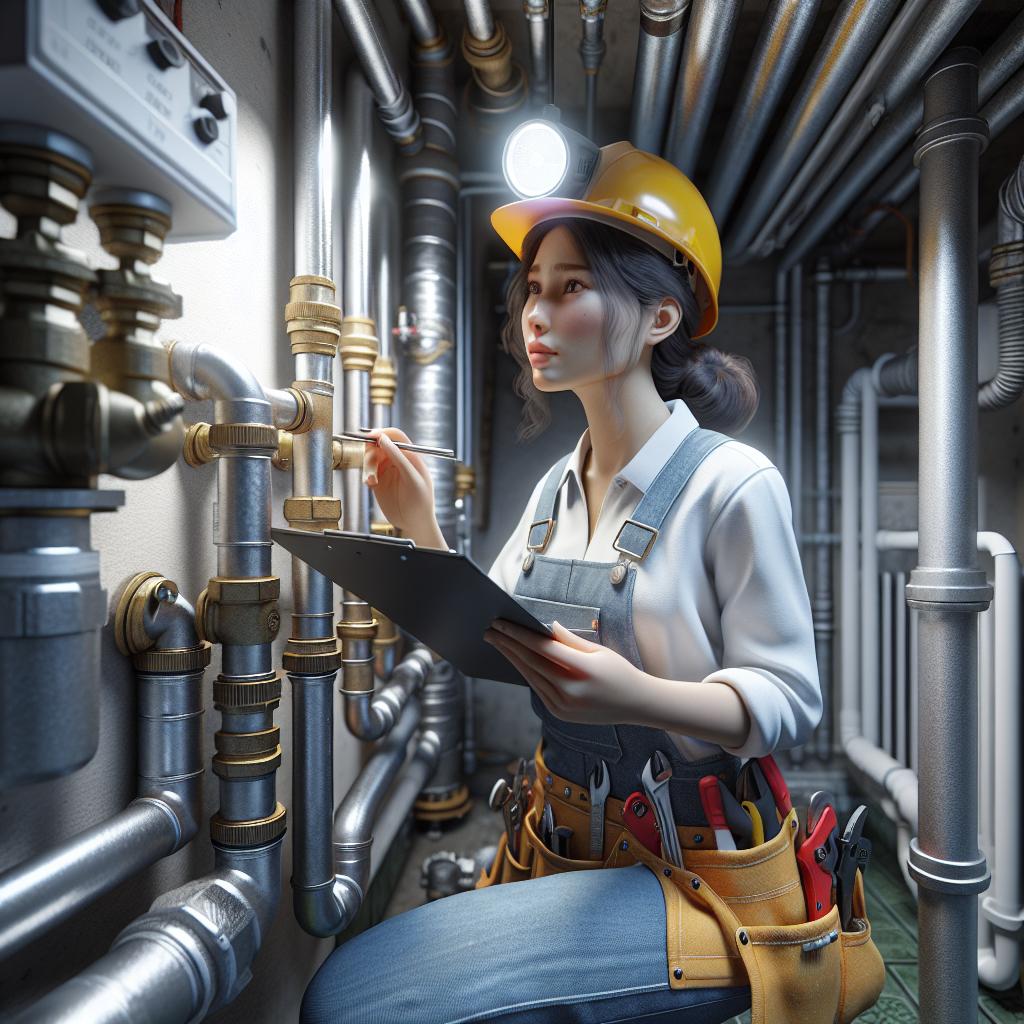Master the Flow: 5 Secrets to Keeping Your Plumbing System Efficient and Economic
When it comes to home maintenance, the plumbing system is often overlooked until a problem arises. It’s crucial to maintain a healthy plumbing system not only for the efficiency but also for economic reasons. A system that runs smoothly can save you a lot of money in the long-term. This blog provides an in-depth look at five secrets to keeping your plumbing system efficient and economic.
An Understanding of Your Plumbing System
Before we dive into the secrets, it’s essential to understand the basic components of your home’s plumbing system. There are two parts – the water supply system, which brings in fresh water, and the drain-Waste-vent system (DWV), which takes out waste water. Interrupting the balance or function of these two can disrupt your entire plumbing system.
The Five Secrets for Efficient and Economic Plumbing
1. Regular Inspection and Maintenance
Just like any other system, preventive maintenance is vital for a plumbing system. Regular inspections allow you to detect any potential problems, such as leaks, corrosion, or clogs. By fixing these issues early, you can avoid more serious (and expensive!) problems down the line.
To start, visually inspect all accessible pipes for any signs of moisture, rust, or corrosion. Don’t forget to check under sinks and behind toilets. Listen for any unusual noises like banging or gurgling as these could indicate problems. Finally, keep an eye out for slow drains, as this could be a sign of a clog beginning to form. If you notice anything strange, don’t hesitate to call a professional.
2. Water Pressure Maintenance
Water pressure is another crucial aspect to keep an eye on. High water pressure could lead to leakages, while low water pressure might indicate a clog. You can monitor the water pressure using a pressure gauge. Healthy water pressure ranges between 60 and 75 psi. Anything outside this range warrants attention.
3. Protecting Your Pipes
Your pipes are the arteries of your plumbing system. Keeping them in good shape is non-negotiable for an efficient and economic system. To protect your pipes, avoid pouring harmful substances (like fat or oil) down your drains as they solidify and cause clogs. In colder climates, ensure your pipes are well-insulated to avoid freezing and bursting.
4. Smart Use of Water
Water efficiency is more than just good for the environment – it’s also great for your wallet. Being conscious of your water usage can drastically reduce your water bill. Use water-efficient appliances and fixtures, fix leaks promptly, and practice water-saving habits like turning off the tap while brushing your teeth. Small changes can make a big impact over time.
5. Know When to Call a Professional
A crucial part of keeping your plumbing system efficient and economic is knowing when to call in a professional. While small problems can be handled by most homeowners, others may require expertise. Chronic slow drains, low water pressure, or noises could indicate more serious issues that a plumber should investigate.
Wrap Up
Maintaining an efficient and economic plumbing system doesn’t have to be difficult or costly. By practicing regular maintenance, being conscious of your water usage, and knowing when to seek professional help, you can save money, water, and avoid the hassle of major repairs. Remember, prevention is always better (and more cost-effective) than a cure!
References:
- Don’t Waste a Drop: Secrets of Water-Efficiency. (2019). Water Environment Federation.
- Household Plumbing Basics. (2016). Home Service Corp.
- How to Insulate Water Pipes to Prevent Freezing. (2020). Today’s Homeowner.
- How to Maintain Good Water Pressure in Your Home. (2019). Plumbing & A/C Medic, Inc.




